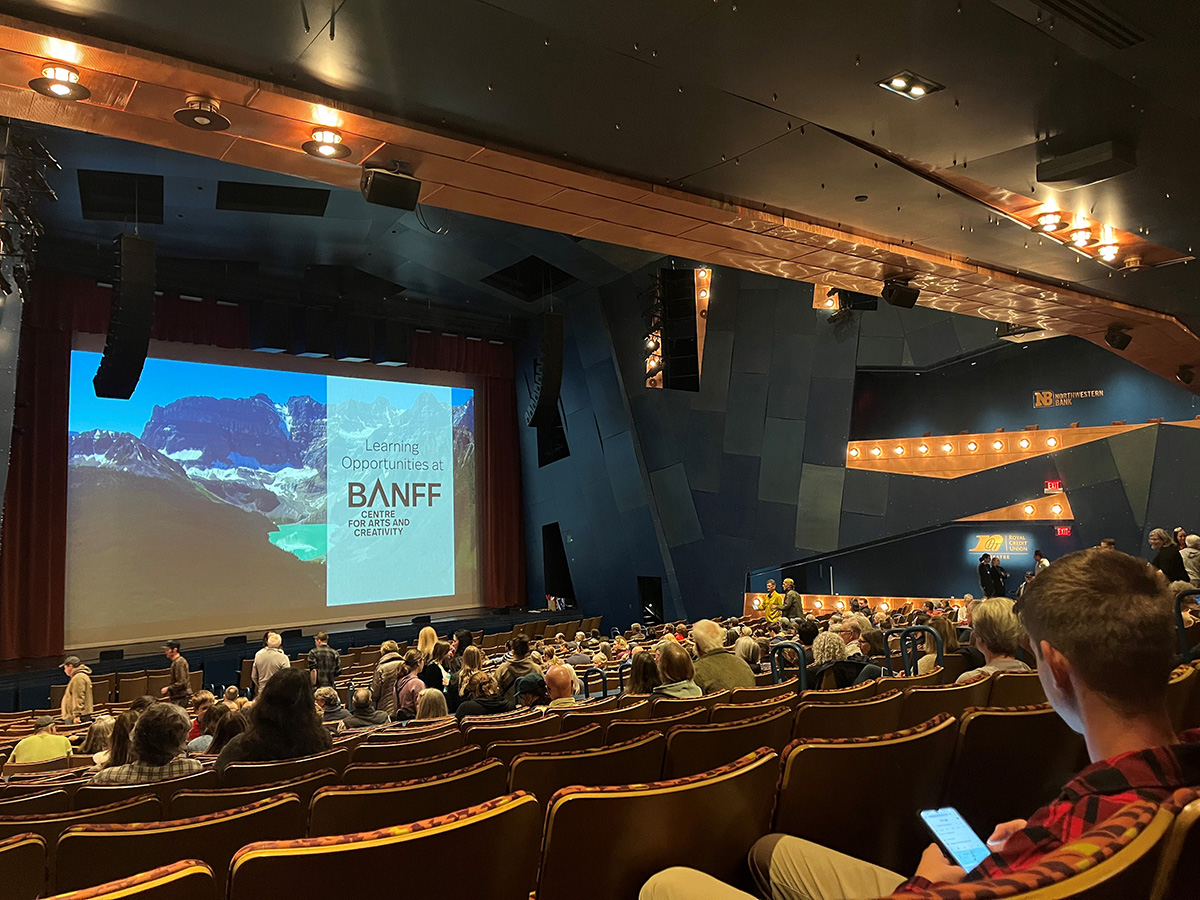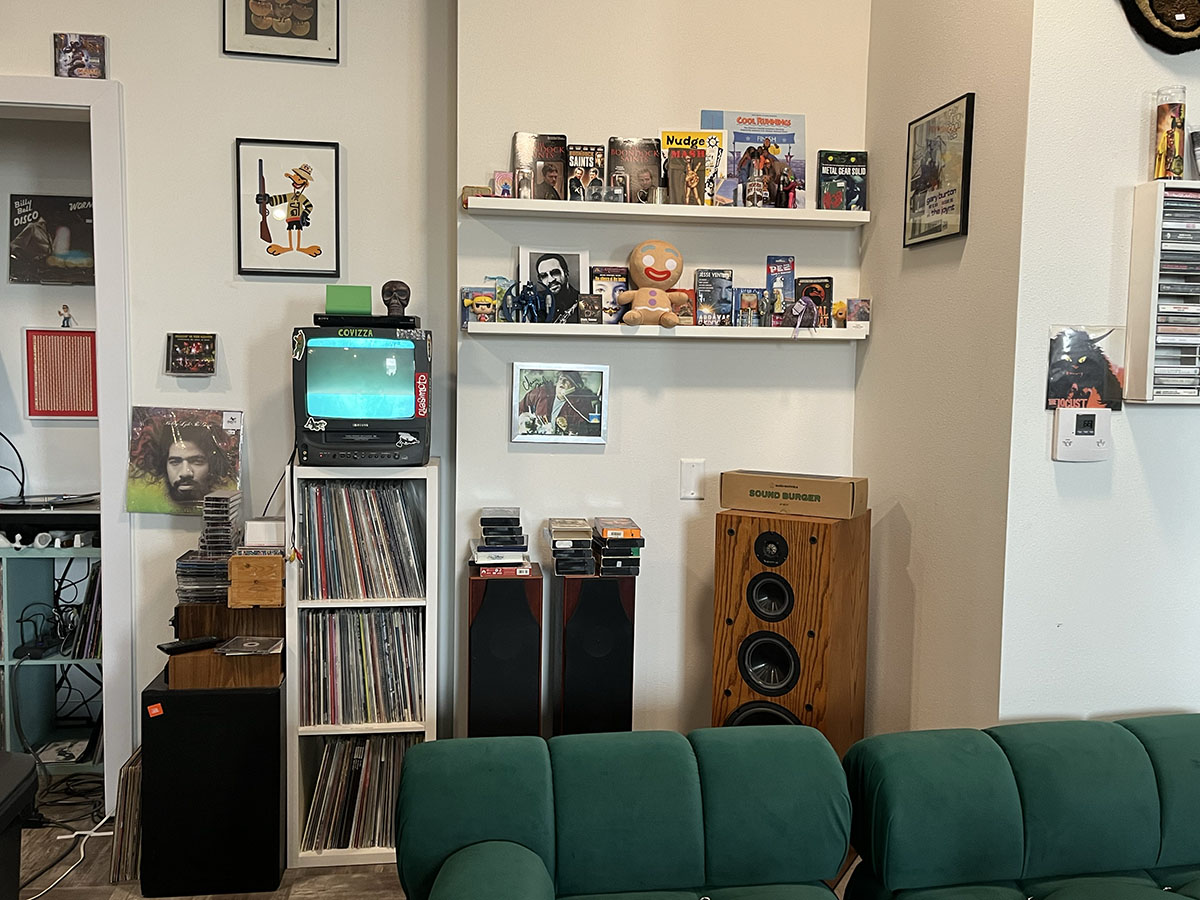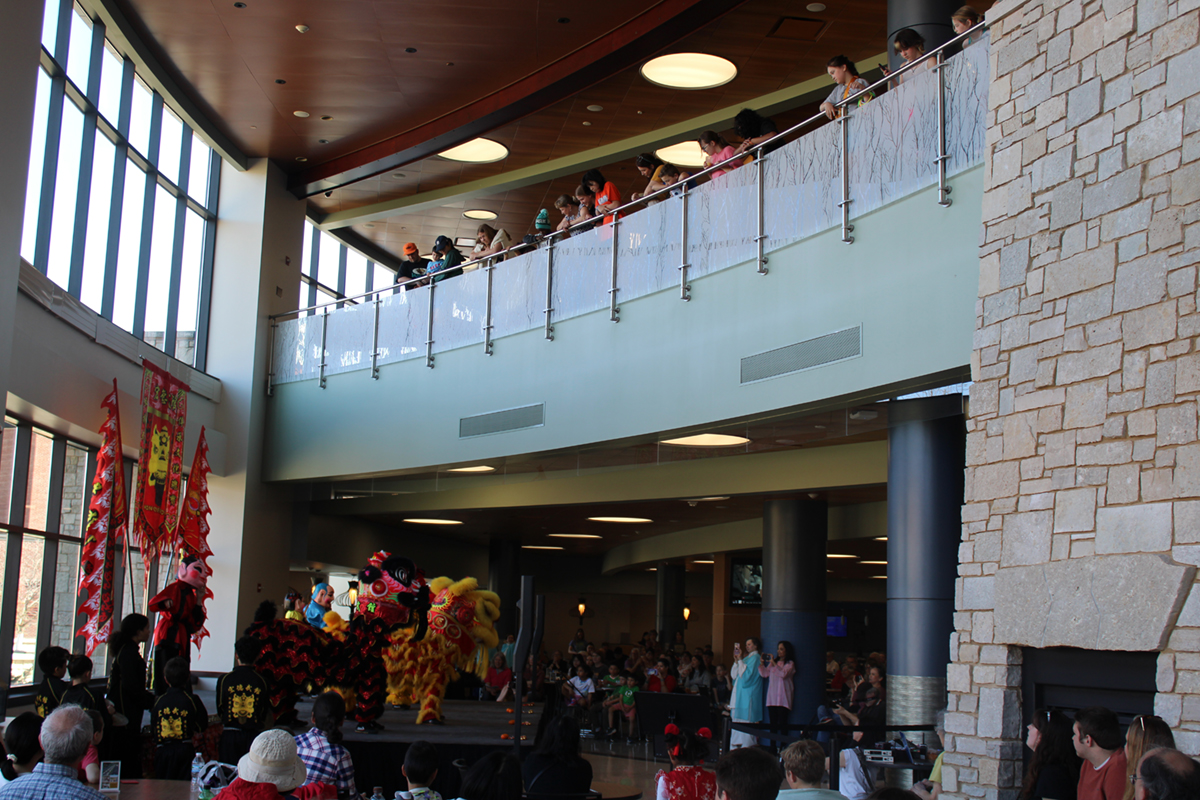Dozens of students, professors and community members gathered March 8 to hear a lecture on the affect young people, women and social media have had on the Arab Spring given by Sahar Khamis, an expert on the topic of Middle Eastern media.
Khamis is an assistant professor of communication and affiliate faculty of women’s studies at the University of Maryland.
Khamis began the lecture by providing the audience with the necessary background information on the Arab Spring. She described it as a “wave of political revolt that has been sweeping the Arab region since 2011″ and clarified that it is still not over.
Khamis recounted a story of Mohammed Bouazizi, a young man in Tunisia who set himself on fire after being humiliated by a policewoman when his vegetable cart was confiscated. His act is said to have sparked the revolution.
The Arab Spring consists of people of all genders, ages, socio-economic backgrounds, religions and political affiliations, Khamis said.
One of the key characteristics of the revolution as a whole, Khamis said, is cyberactivism which she defines as “how people can use social media to bring about social change.”
Other traits of the Arab Spring include its peaceful, grassroots beginnings and the involvement of women and young people.
The use of social media succeeded despite efforts by authorities to control the media, Khamis said. For example, the government in Egypt would cut cell phone lines and access to the Internet for days at a time in order to restrict the spread of information. The activists found alternative ways to spread their message, Khamis said.
Khamis said social media served three main functions in the Arab Spring: mobilization, documentation, and education. It also provided many opportunities for people to have their voices be heard. Khamis compared it to a window, not only can the activists see out, but the world can see in. It also has the benefits of being affordable, accessible, interactive, and immediate.
Even though social media is a very powerful tool, Khamis reminded the audience that the revolutions would not have happened if it weren’t for the people who went out and protested. Facebook, Twitter, YouTube and blogs were useful in getting information out to wide audiences, raising awareness, brainstorming and minute-by-minute updates from the ground. But it would have been useless without the brave men and women who risked their lives to protest in places like Tahrir Square, Khamis said.
Khamis spent a large portion of time talking specifically about Egypt, since she herself is Egyptian. She explained some of the causes of the revolutions in Egypt, discussed how the government controlled the media, the activists’ communication strategies, and the roles of new media.
She also focused on the roles of youth and women in Egypt. Khamis said the young people are the fastest growing segment of the population where reform is needed. They succeeded in spreading their message because they are comfortable with new media and are able to use it in effective and creative ways as agents of change, Khamis said.
Women performed in non-stereotypical gender roles during the revolts in Egypt, Khamis said. They were not only behind the scenes caring for the injured, but also on the front lines themselves, risking injury, arrest, or even death, Khamis said.
Khamis told specific stories of several brave women who made a significant difference to the Arab Spring. Tawakul Karman, known as the mother of the revolution, became the first Arab woman to receive the Nobel Prize.
Nawara Negm, one of Khamis’ distant relatives, has nearly 500,000 Twitter followers (Khamis joked that this made her 30 followers look bad) and has used Twitter to reach out to people in very effective ways.
Asmaa’ Mahfouz posted one of the most daring and outspoken vlogs of the revolution. Khamis said that no one was saying the things Mahfouz said at that point and that made her vlog all the more powerful.
Khamis introduced a new term as well: cyberfeminism. She said it’s the act of women deploying new forms of communication, mostly online, to advocate for their own rights, causes, and demands and to fight various forms of repression.
This was a topic that piqued the interest of students and professors alike.
Caitlyn Duley, a sophomore public relations major, had no idea what the Arab Spring was prior to the lecture.
“I thought this was fascinating,” Duley said. “I’m pretty feminist so learning about the cyberfeminism was really fascinating for me to hear her speak about. It’s a great thing for women over there who don’t have the rights that we have in America. I just think it’s great that more women are getting more empowered.”
Associate professor of history Kate Lang even learned something new to incorporate into her classes.
“Social media is something I don’t think about academically very often so it certainly helped me think about a dimension of the Arab Spring that I hadn’t paid a lot of attention to,” Lang said. “I really, really enjoyed Asmaa’ Mahfouz. She’s relentless and for me that was the best part. That’s something I’m going to use in class that I did not know of before.”
Khamis followed her lecture by answering questions from the audience.
“I thought the audience was very interactive,” Khamis said. “They asked very insightful and bright follow up questions that showed they really enjoyed the lecture and were following it very closely.”






